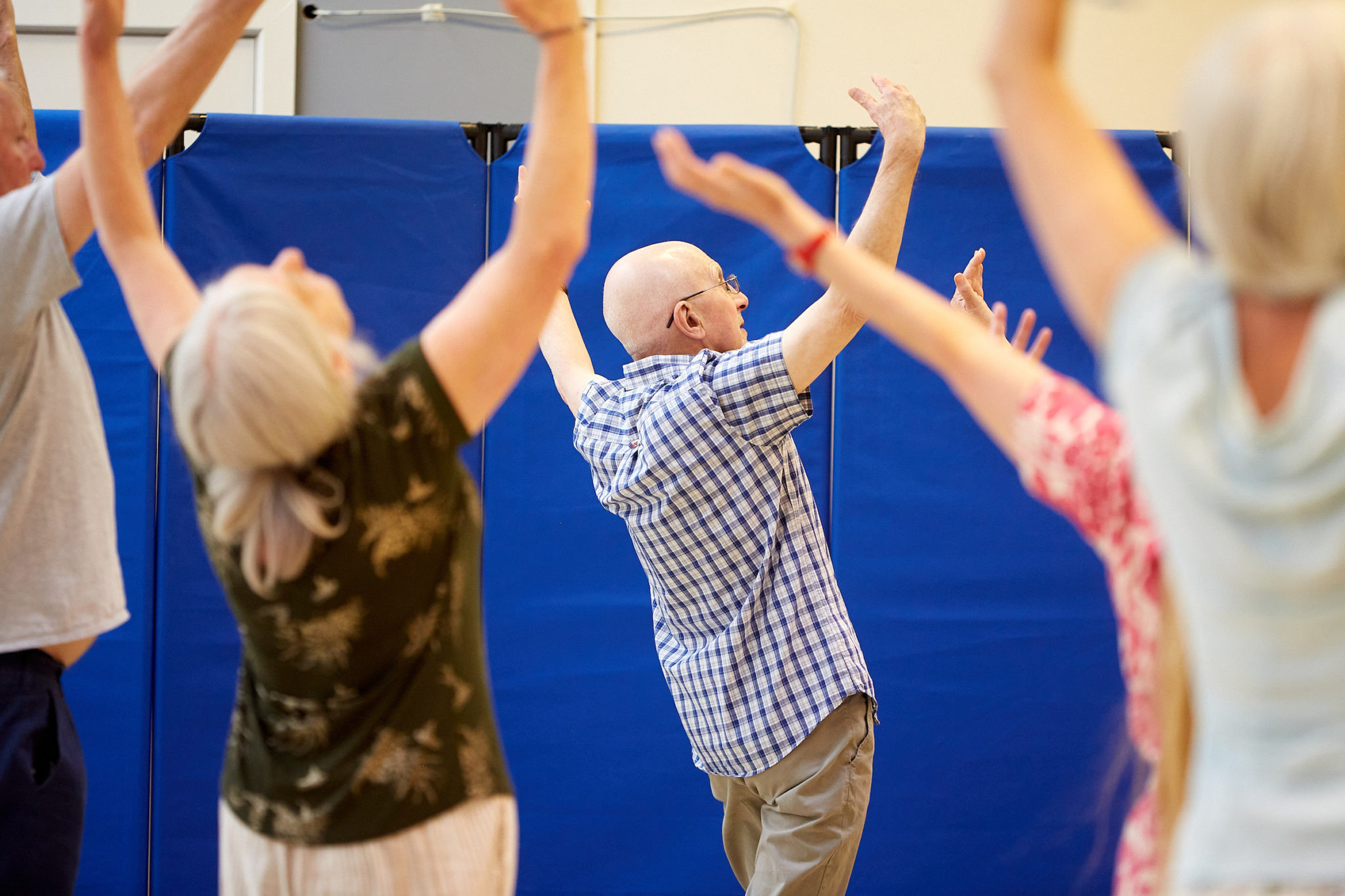
I had decided, on the evidence of this Blackpool snapshot, that this young man must be my brother. The fact that I had absolutely no memory of him didn’t matter.
Peter Bartram
My mother and me, we were my father’s second family. The first family, another mother and another son, had both died, and throughout my childhood that was all I knew. The subject of the first family was totally taboo, never to be mentioned. My father’s mental wellbeing was always fragile, and any accidental reminder would leave him visibly distressed. So the first family was shrouded in mystery, and for me a subject of idle curiosity.
It must have crossed my mind at some point that, had he lived, the first son would have been my elder brother, strictly speaking a half-brother, but still a brother. As an only child, I would have liked that.
Like most families in those far-off days, the 1950s, we possessed a photograph album. It was always kept in a cupboard on the landing at the top of the stairs, along with the Christmas decorations, a battered stringless banjo, and other assorted paraphernalia. The album consisted mostly of black and white holiday snapshots, a holiday always in August, always in Blackpool, and always in the same boarding house, Miss Lee’s. This eccentric establishment had an air of old-fashioned, pre-war, respectable gentility, frayed at the edges. With hindsight, I think my father, from a mining background, probably hated it, but my mother, with her dreams of polite society and afternoon tea at the Savoy, not to mention a week’s respite from her endless chores, thought she was in heaven.
By the time I was eleven or twelve, one particular snapshot in the album began to intrigue and fascinate me. My parents are sitting on a low wall on the seafront, my mother, in the centre, just about managing a smile, my father, on the left, scowling in a scruffy tweed jacket. I stand squirming in front of my mother, pushing back against her knees. I might be four or five. The most relaxed member of the group is a good-looking young man in his twenties, sitting next to my mother on the right of the photo , smiling cheerfully at the camera, and looking for all the world like a happy member of the family. I had decided, on the evidence of this Blackpool snapshot, that this young man must be my brother. The fact that I had absolutely no memory of him didn’t matter.
The more I thought about it, the more convinced I became. I even began to imagine that I could remember playing football with him in the back garden. However, at some point in my late teens, I decided that I needed to settle the matter, to know one way or the other. I decided to ask my auntie, my mother’s younger sister, who was sure to have known him, and was marginally less unpredictable than her elder sister. I often went to their house, so one day I took the photo with me, showed it to her, and asked, “Is this my brother?” She barely glanced at the photo before she said “Oh no. That’s not him”. There was a tone of emphatic finality about it, an unspoken but unmistakeable message that this matter was not to be mentioned again.
In my late twenties I paid my parents a short visit from wherever I was living at the time. By then, my father was in his seventies, his health failing, and his paranoia giving cause for concern. For some reason I felt the need to look at the photo album and that Blackpool snapshot, maybe for the last time. I went upstairs and opened the cupboard on the landing. I couldn’t find the album. I rummaged through the Christmas decorations and the assortment of discarded debris, but it definitely wasn’t there. I asked my mother where it was. Of course she didn’t know, hadn’t seen it. I couldn’t bring myself to ask my father. The album, and the snapshot, were never seen again.
Of course with the arrival of the internet and ancestry websites, I was able to find some answers. My brother had died in 1943 , the year before I was born. My auntie had been right.
It might sound like a contradiction at the end of this story, but I try not to look back or think about the past, at least not intentionally. Sometimes my mind will take me there, despite my best efforts not to let it. But I’m not into nostalgia, regret or sentiment. The past is the past and it can’t be changed. I do my best to live in the present and look forward with optimism to the future, and whatever that might bring.